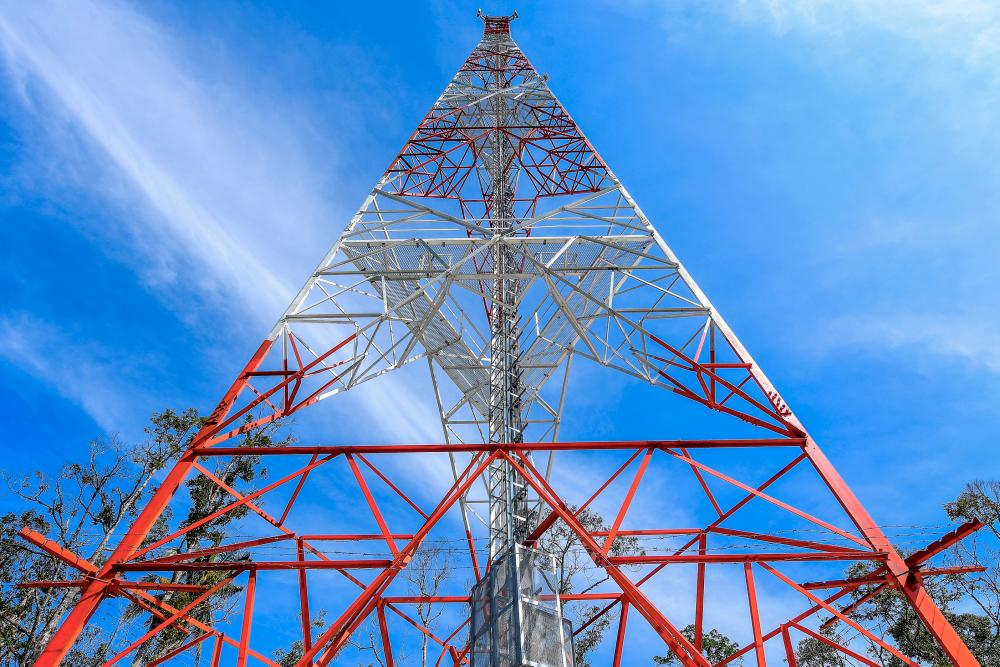KUALA LUMPUR: The partnership between Persatuan Penyedia Infrastruktur Telekomunikasi Malaysia (PPIT) and Indonesia’s Asosasi Pengembang Infrastruktur dan Menara Telekomunikasi (ASPIMTEL) marks an important step in addressing the digital infrastructure bottlenecks experienced in both countries’ markets, said BMI.
The Fitch Solutions company said both the associations, representing telecommunications infrastructure providers, have sealed a memorandum of understanding to enhance collaboration between the two markets to “densify 4G digital infrastructure and new 5G networks.”
“The recent collaboration between Malaysia’s PPIT and Indonesia’s ASPIMTEL could potentially expedite the development of new 5G infrastructure across both countries.
“Previously, we noted a temporary, bearish capital expenditure outlook for new 5G rollouts in Indonesia, with domestic mobile network operators (MNOs) requesting an incentive scheme from the national telecoms regulator to quicken 5G adoption,” it said in its industry trend analysis report.
It said in Indonesia, operators are facing high rollout costs due to complex geographies and a shortage of the latest generation 5G semiconductors. This partnership could provide a much-needed boost, mitigating these challenges.
Both Malaysian and Indonesian MNOs are eyeing 5G as a means to rejuvenate stagnant ARPU figures.
“However, the partnership’s focus on upgrading and expanding 4G infrastructure, with forecast subscriptions of 296 million in Indonesia and 37.4 million in Malaysia by 2025, might create some stickiness to 4G technology,” it added.
BMI believes the partnership’s focus on infrastructure could potentially lead to a decrease in the final prices of 5G packages for consumers, fostering greater adoption rates.
“However, as 5G is perceived as a means to boost operators’ average revenue per user (ARPU) figures, substantial price reductions are not anticipated.
“Moreover, beyond affordability concerns, the adoption of 5G is expected to remain somewhat limited to urban centres where tech-savvy consumers demand highspeed connectivity that supports low latency applications such as gaming and streaming,” it added.
By 2032, BMI forecasts Malaysia will have approximately 34 million 5G subscribers and Indonesia will have around 197.2 million, accounting for 59.4 per cent and 54.4 per cent of total mobile subscribers, respectively.
These figures suggest a healthy compound annual growth rate of 31.3 per cent for Malaysia and 39.4 per cent for Indonesia from 2023 to 2032.









